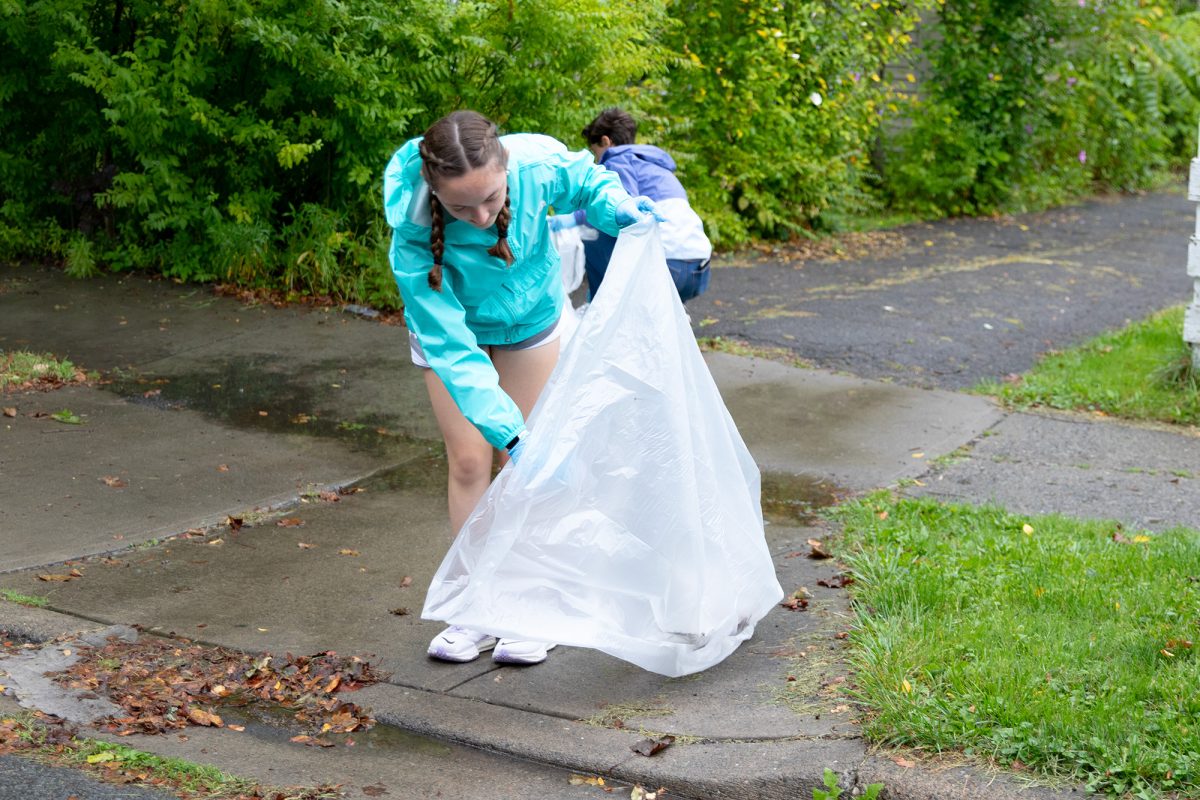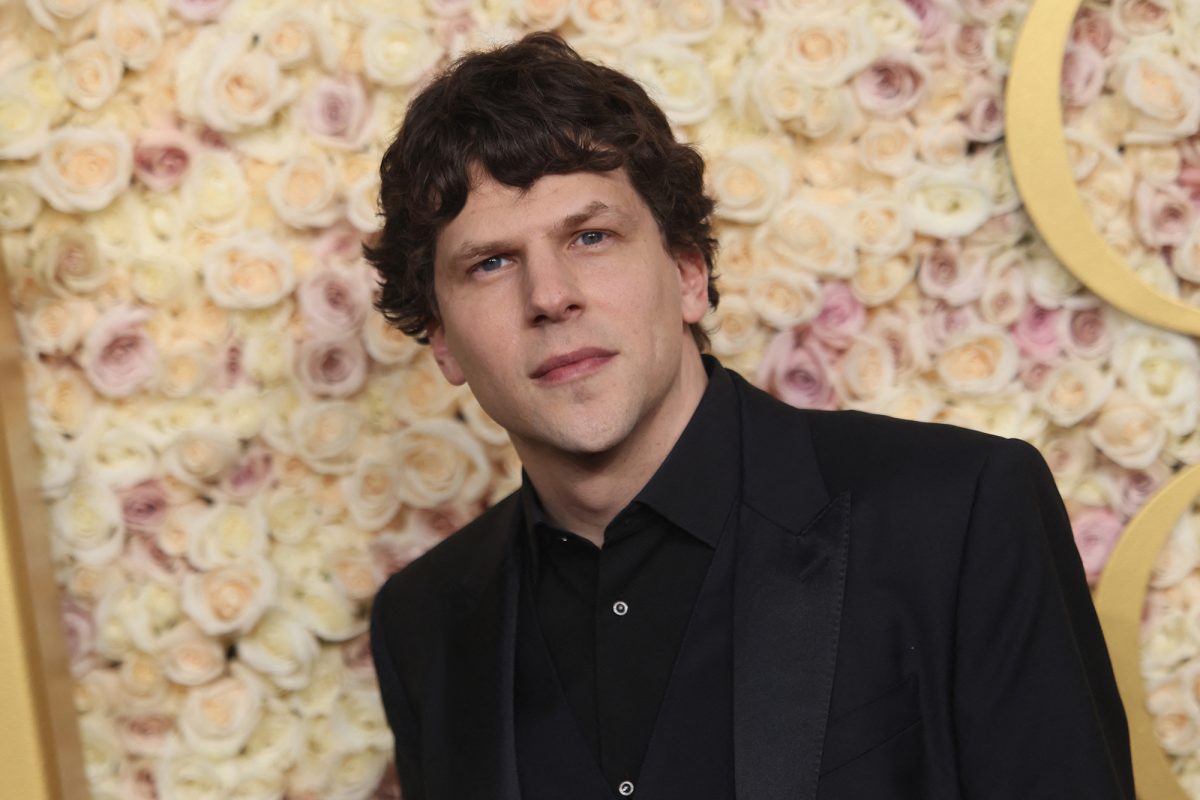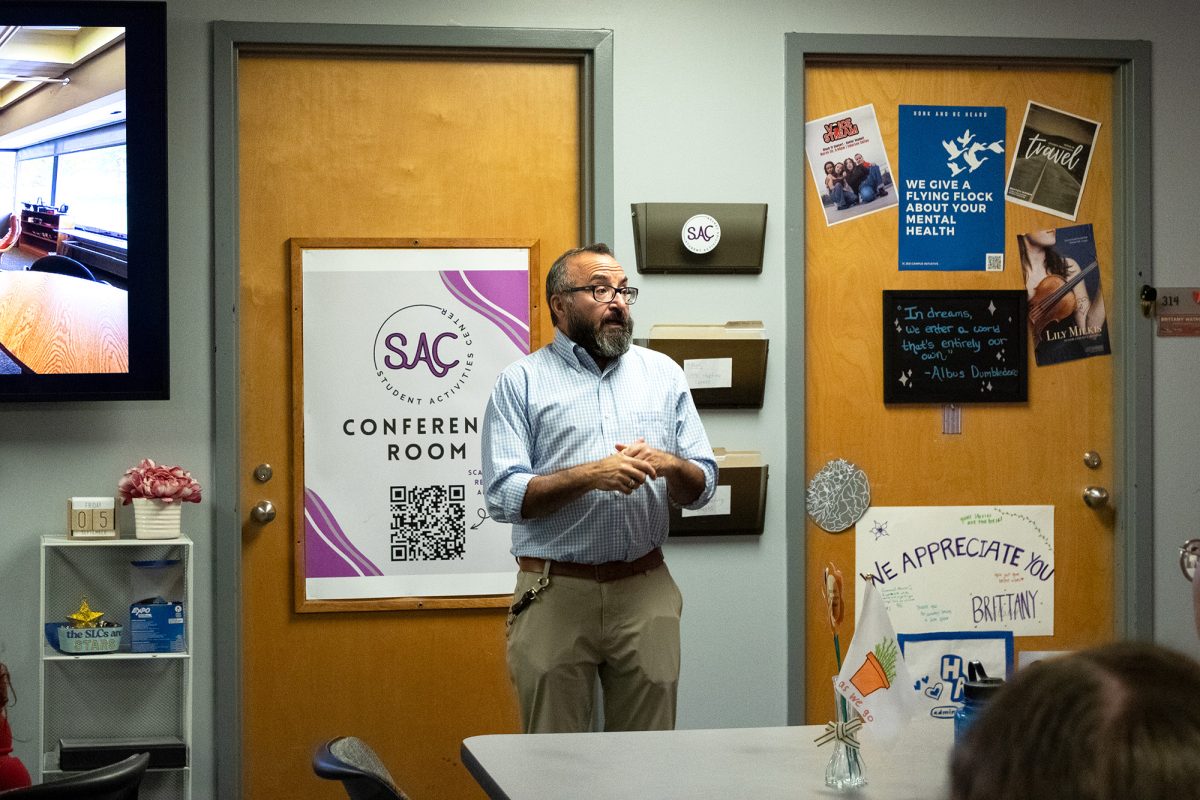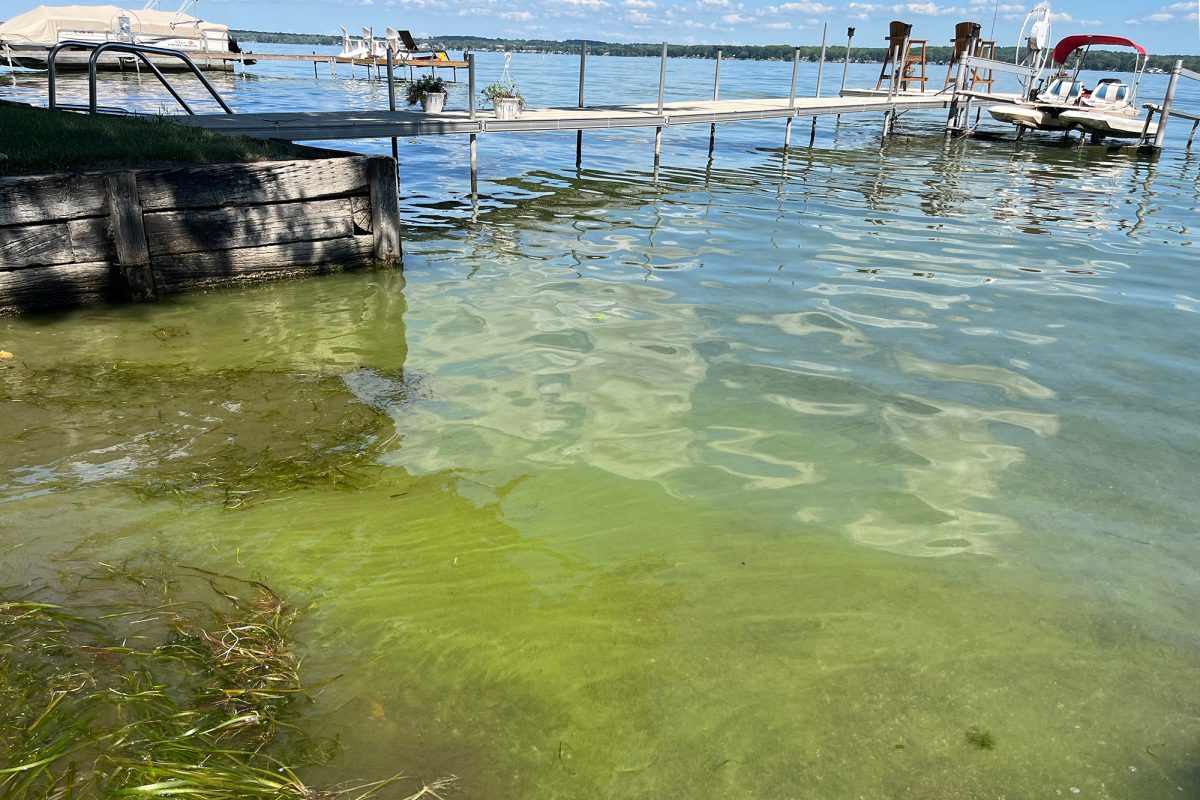Ithaca College admitted through its attorneys Sept. 24 to have found reasonable grounds to believe that Bryan Roberts, former associate dean of the Roy. H Park School of Communications, had violated the college’s intimate relationship and sexual harassment policy. The college admitted this in an answer to a complaint filed against it by a former student.
In the legal process, an answer is a preliminary pleading to the plaintiff’s complaint by the defendants. Roberts also filed an answer Sept. 23. A complaint is a pleading — typically a document — that starts a case.
The answers come after a decision filed Sept. 10 ruled that the Title IX violation claim of the former student — who is identified by the court as John Doe for anonymity — against the college would survive. Doe’s claim about Intentional Infliction of Emotional Distress against Roberts was also ruled to survive. The court dismissed the remaining four of Doe’s claims: three against both the college and Roberts, and one against the college.
Summary of Roberts and the college’s answers
In his answer, Roberts responded by denying claims or denying “possessing knowledge or information sufficient” regarding a majority of Doe’s claims from the complaint, as is typical for an answer. The only claim Roberts admitted to was being a resident of Connecticut.
Roberts did not respond to a request for comment by the time of publication.
In his complaint, Doe claimed that he also experienced “harmful, unwanted, unwelcome, nonconsensual and/or hostile sexual advances” by Marc Greene, former director of senior student teacher placements in the Department of Music Education, in Fall 2022; Casey Stebbins, an employee in Dining Services, in Fall 2022; and Ron Trunzo, former associate director for residential life and student conduct and community standards in Spring 2023.
Trunzo, Greene and Stebbins did not respond to a request for comment by the time of publication.
Emily Rockett — vice president, general counsel and secretary to the board of trustees at the college — said Stebbins still works at the college, to the best of her knowledge.
Rockett said she could not share what the outcome of the college’s investigation was, but the outcome could be made public if one party wishes to make a motion for summary judgment based on all admissible evidence and as a matter of law. Typically, if a motion for summary judgment is granted, a decision can be made on the claims involved without holding a trial.
“It is possible, after discovery, depositions, etc, that if information about that investigation, the outcome were to be relevant to a motion for summary judgment, that information would be in the filings,” Rockett said. “It depends on the litigation strategy that the parties choose to pursue.”
In its answer, the college admitted through its attorneys to have determined reasonable grounds to believe that Stebbins violated the college’s intimate relationship and sexual harassment policies, but did not terminate his employment.
The college also admitted to having terminated Greene and finding Greene in violation of the college’s intimate relationship policy. It admitted to having found that Trunzo violated the college’s relationship policy, and Trunzo’s resignation from the college was announced in November 2023.
The college denied, through its attorneys, being deliberately indifferent to the reports of sexual harassment and assault and denied it knew that faculty and staff were using Grindr to “recruit students into unwelcome sexual interactions.”
The college and Roberts, in their prayer for relief through their attorneys, demanded judgment dismissing Doe’s complaint with disbursements and other relief the court may deem proper. Disbursements refer to the payment made by a lawyer on behalf of their client for things like court fees and travel expenses.
Summary of Roberts and the college’s defense
A defense is typically used by defendants to prevent or limit liability.
The college asserted nine defenses through its attorneys. It was asserted in the second defense that the college’s “response to the circumstances as reported was reasonable, appropriate and not deliberately indifferent.”
The college, through its attorneys, asserted undertaking actions in “good faith and without malice” in its third defense.
In its seventh defense, the college asserted through its attorneys that Doe was a “knowing and voluntary participant” and that he “instigated and encouraged the conduct alleged to be actionable” in the case. The defense also outlined that Doe’s claims are limited or barred by “his own volitional conduct, and by his independent, informed choices.”
Roberts asserted 27 affirmative defenses through his attorneys in his answer. In his seventh affirmative defense, Roberts asserts through his attorneys that while he denies Doe’s allegations “as to any hazardous condition, injuries, and damages” alleged in his complaint, if they were caused, it was because of “intervening acts and or superseding negligence of persons or parties over whom Defendant Roberts had no control.”
In his final and 27th affirmative defense, Roberts asserted that if Doe could “prove facts alleged in the complaint, then upon information and belief” Doe consented to the alleged relationship.
A spokesperson of Erin Peake, Doe’s lawyer, sent a statement via email to The Ithacan. In the statement, Peake said she is confident about the intensity of Doe’s claims despite the nature of the defendants’ responses.
“The college’s response does not diminish the serious nature of the allegations involving multiple employees in positions of authority taking advantage of a young, vulnerable student,” the statement said. “We are confident in the strength of our client’s case.”
The initial conference was initially set for Oct. 17, but was rescheduled for noon Oct. 10 via Microsoft Teams. At the initial conference, attorneys will meet with the judge and set a schedule for discovery. Discovery is a stage of the trial where both the plaintiff and the defendants formally commence the process of exchanging information about the evidence and witnesses they plan to present during the actual trial.














